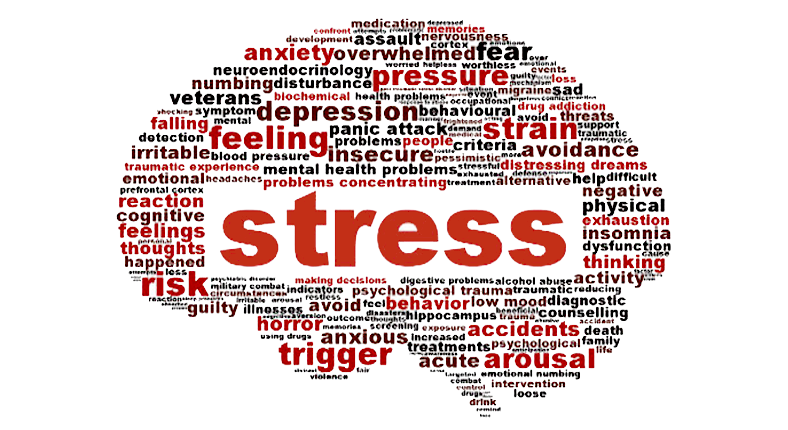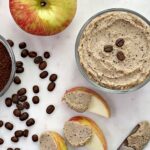
Do you find yourself wondering how your daily stress affects your health? Stress can definitely play a major role in weight gain. It affects the food choices we make, how hungry we are, how often we eat and even where on our bodies we gain weight. It’s not only about what you eat, but also how you eat. Stress can affect nutrient needs, reduce absorption, increase excretion, alter how the body uses nutrients, and increase the daily requirements for certain nutrients.
The best way to fight stressful eating is to keep your body well nourished and well hydrated. What we eat contributes to mood, stress level, brain function, and energy level.
Good nutrition can help to improve your ability to manage stress and stressful eating. Nourishing your body with healthful foods can help you feel well mentally and emotionally.
High sugar foods
Refined carbohydrates
Trans-fats
Fried foods
Caffeine
Alcohol
Chemicals (ex. MSG)
Aspartame
Artificial sweeteners
Food Colorings
Allergenic foods
Dieting
Stress Lowering Foods:
Citrus Fruits
Foods rich in vitamin B
Rolled Oats
Lentils
Selenium rich foods
Apricots and Papayas
Bell Peppers
Nuts
Turkey
Blueberries
Omega-3 Fatty Acids
Crunchy Raw Veggie
What can I do to stop stress-induced eating?
Remember to take time for yourself to manage stress and prevent stress-induced eating. Here are just a few ideas to help you manage stress:

• Breathe deeply
• Rent a movie or read a book
• Journal
• Garden
• Play a game with your family
• Do something you love
• Play with your pet
• Practice yoga or mediation
• Exercise or go for a short walk
• Listen to your favorite song
• Talk to a friend on the phone or in person



